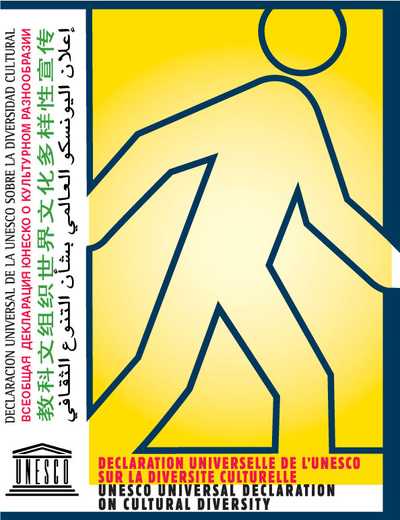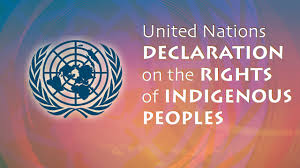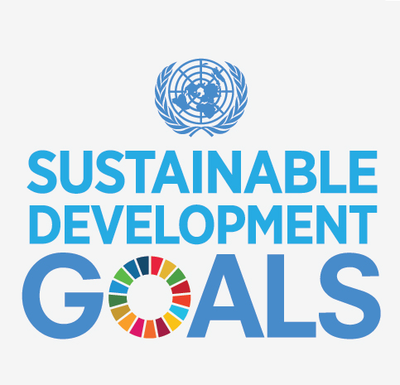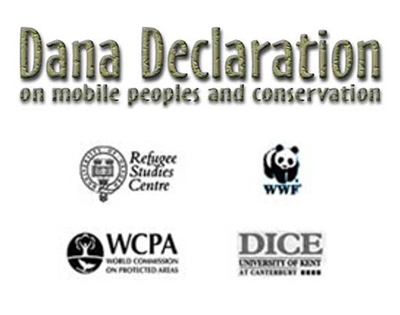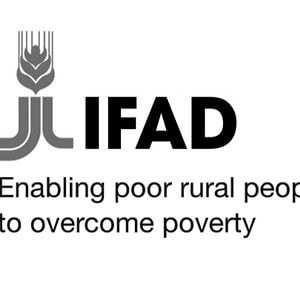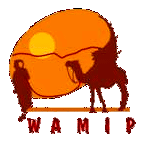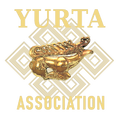|
YURTA Association is a non-profit organization aimed to research nomadic-tradition peoples from a neutral, holistic and apolitical approach, developing initiatives inspired by the deep knowledge nomads have of their ecosystems and trying to make their cultures and values better understood, more appreciated and useful to us
|
A thousand years old tradition at risk of disappearing |
|
|
Know our current project
Help us acquiring our artworks
|
Nomads: who are them?
Nomads are indigenous people who move strategically in a given habitat following food opportunities while establishing long-term cyclical patterns of life in specific ecosystems without basically altering the environmental original conditions but adapting to them.
Altough there are not pure categories among nomadic peoples, traditionally these groups have been classified into three general categories: hunters-gatherers, pastoralists and itinerants, to which shifting cultivators can be added as a fourth category. Until about 10,000 years ago, all humans were mostly hunters and foragers. Paradoxically, nowadays these communities form the smallest and most fragile group among all the nomadic people, especially those uncontacted or who live in voluntary isolation.
Currently, most of the surviving nomads are pastoralists and agro-pastoralists. Born in Neolithic times at environments less favorable to farming, pastoralists heavily depend on their herds, athough they usually combine herding practices with trading, cultivation, hunting and gathering.
Nomads fulfill an important function as experts of the natural ecosystems they inhabit and custodians of those same environments, especially in the current worrying scenario of climate crisis and loss of biocultural wealth.
|
Highlights
|
Guiding principles and main partnership








